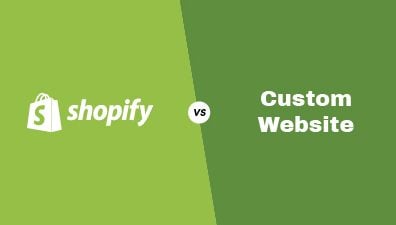In today’s digital age, having an online store is crucial for businesses to thrive and expand. Shopify, a leading eCommerce platform, offers an all-in-one solution to help businesses create and manage their online stores. In this detailed Shopify review outline, we’ll take a close look at its pricing, key features, benefits, drawbacks, and how it is performing in comparison with other eCommerce platforms.
Table of Contents
Overview of Shopify
Shopify is an eCommerce platform that helps entrepreneurs start, grow, and manage their businesses by unifying all of their commerce onto a single platform. It enables merchants to build and customize online stores and sell in multiple places, including web, mobile, in-person, brick-and-mortar locations, and pop-up shops, and across multiple channels from social media to online marketplaces. Shopify is cloud-based and hosted, making it easily accessible from any connected compatible device.

Shopify’s product is layered, starting with its core product, which includes templates for the look and feel of your store, tools to sell in multiple places, integrated payment processing, SEO and marketing tools, and more. Additionally, Shopify offers powerful upgrades to help businesses grow, and the App Store has thousands of apps and features built by third-party developers to customize stores without touching code. Shopify also provides a marketplace of Experts for those who need custom solutions.
Shopify Review: Plan and Pricing
Shopify’s pricing plans and features are designed to help you sell your products and build your business online and in person. It offers a range of pricing plans to suit different business needs and budgets, and you can try it out with a free trial. You can always upgrade to a higher plan to access more features and functionality as your business grows. Additionally, if you plan to sell in person, Shopify offers POS features and hardware to support your retail business. Shopify also has POS Pro, which is an additional $89 USD/month for each location you choose to upgrade. It fits for scaling retail businesses that see a lot of foot traffic, have multiple tiers of staff, or have a large inventory catalog.
We have created a table to compare all the present Shopify Plans and a detailed Shopify review below. This does not include Shopify Lite because this plan is no longer supported by Shopify.
| Shopify Starter | Shopify Basic | Shopify (Regular) | Shopify Advanced | Shopify Plus | |
| Price (monthly) | $5 | $39 | $105 | $399 | Custom, starting at $2000 |
| Price (yearly) | $5 | $29 | $79 | $299 | $2,000 |
| Credit cards rates online | 5% and 30¢ | 2.9% and 30¢ | 2.6% and 30¢ | 2.4% and 30¢ | 2.15% and 30¢ |
| Credit cards rates in person | 5% | 2.7% | 2.5% | 2.4% | 2.15% |
| Number of Shopify Locations | 2 | 1000 | 1000 | 1000 | 1000 |
| Number of staffs | 1 | 2 | 5 | 15 | Unlimited staff accounts |
| Shipping discount | _ | Up to 77% | Up to 88% | Up to 88% | Custom |
| Feature | Allow to create a simple store and easily share products across social media platforms. | Gives you an eCommerce website and core features (Shopify’s entry-level offering) | Provide a few extra features than the Shopify Basic(Shopify’s main offering) | The same as the Shopify Basic plan, with a few additional key features | Customize to your needs(Shopify’s enterprise eCommerce solution) |
| Fit for | Small start-ups with limited resources, don’t need a full-fledged eCommerce website but want to start selling | Beginner stores in need of a full-fledged eCommerce website with a Basic Report | Large stores in need of a professional report | Medium to large merchants who are expanding internationally with Custom report builder | Large, well-known brands |
| Targeting sales per month for each merchant | Less than $1,000 in sales per month | Less than $14,000 in sales per month | Less than $167,000 in sales per month | Less than $640,400 in sales per month | More than $640,400 in sales per month |
| Customer support | Email Chat | 24/7 Phone Chat | 24/7 Phone Chat | 24/7 Phone Chat | 24/7 Phone Chat |
Shopify offers a range of plans designed to cater to different business needs and sizes. The Shopify Starter plan is the most affordable option, perfect for small start-ups with limited resources who want to start selling products online. It costs $5 per month or $5 per year, and it allows users to create a simple store and easily share products across social media platforms. It’s recommended for businesses with monthly sales under $1,000.
The Shopify Basic plan is the entry-level offering for businesses in need of a full-fledged eCommerce website with core features. It costs $39 per month or $29 per year, and it includes features like 24/7 customer support, 2 staff accounts, and up to 1000 Shopify locations. This plan is suitable for beginner stores targeting sales of less than $14,000 per month.
The Shopify Regular plan is Shopify’s main offering, providing a few extra features than the Basic plan. It costs $105 per month or $79 per year, and it’s suitable for large stores in need of a professional report. This plan includes 5 staff accounts, up to 1000 Shopify locations, and up to 88% shipping discount. It’s recommended for businesses with monthly sales under $167,000.
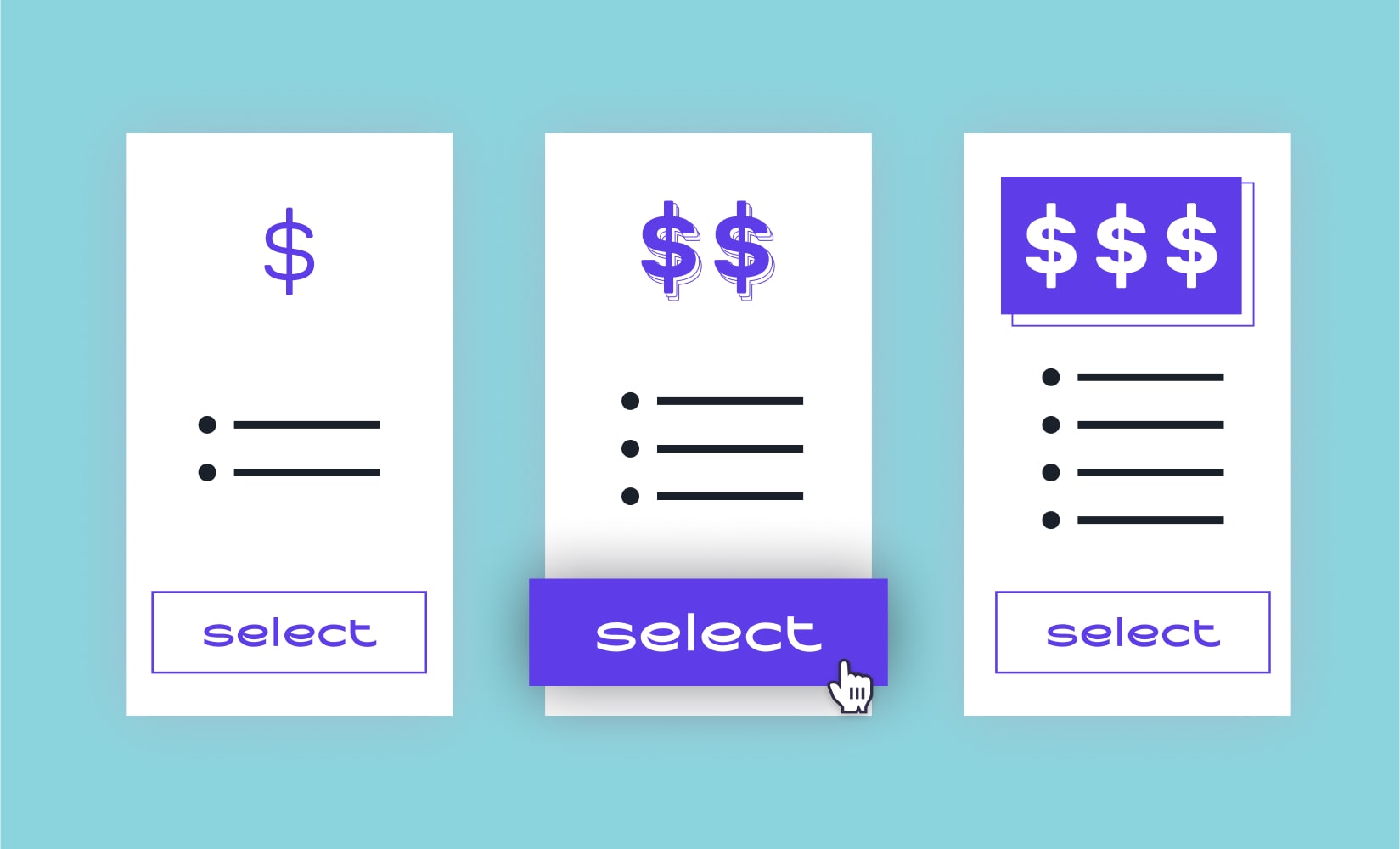
The Shopify Advanced plan costs $399 per month or $299 per year, and it’s suitable for medium to large merchants expanding internationally. It has the same features as the Shopify Basic plan but includes a few additional key features and a custom report builder. It’s recommended for businesses with monthly sales under $640,400.
Finally, the Shopify Plus plan is Shopify’s enterprise eCommerce solution, designed for large, well-known brands with more than $640,400 in monthly sales. It includes unlimited staff accounts, a customized shipping discount, and custom features tailored to meet the specific needs of the business. The pricing for this plan is custom, with a starting point of $2,000 per month or $24,000 per year.
Shopify Review: Key Features
One Order Management System for Your Entire Business
When talking about Shopify review, we have to mention Shopify’s order management system, which is a powerful tool that can help businesses of all sizes streamline their operations. This system allows you to easily manage all aspects of your orders, from tracking inventory levels to fulfilling orders and managing returns. With Shopify, you can access real-time updates on your inventory levels, making it easy to know when you need to restock your products.
One of the biggest benefits of Shopify’s order management system is its ability to automate many of the tasks associated with fulfilling orders. For example, you can set up automatic alerts to notify you when inventory levels are running low, allowing you to restock before you run out of a particular item. You can also automate the process of reordering products, ensuring that you always have the products your customers want in stock.
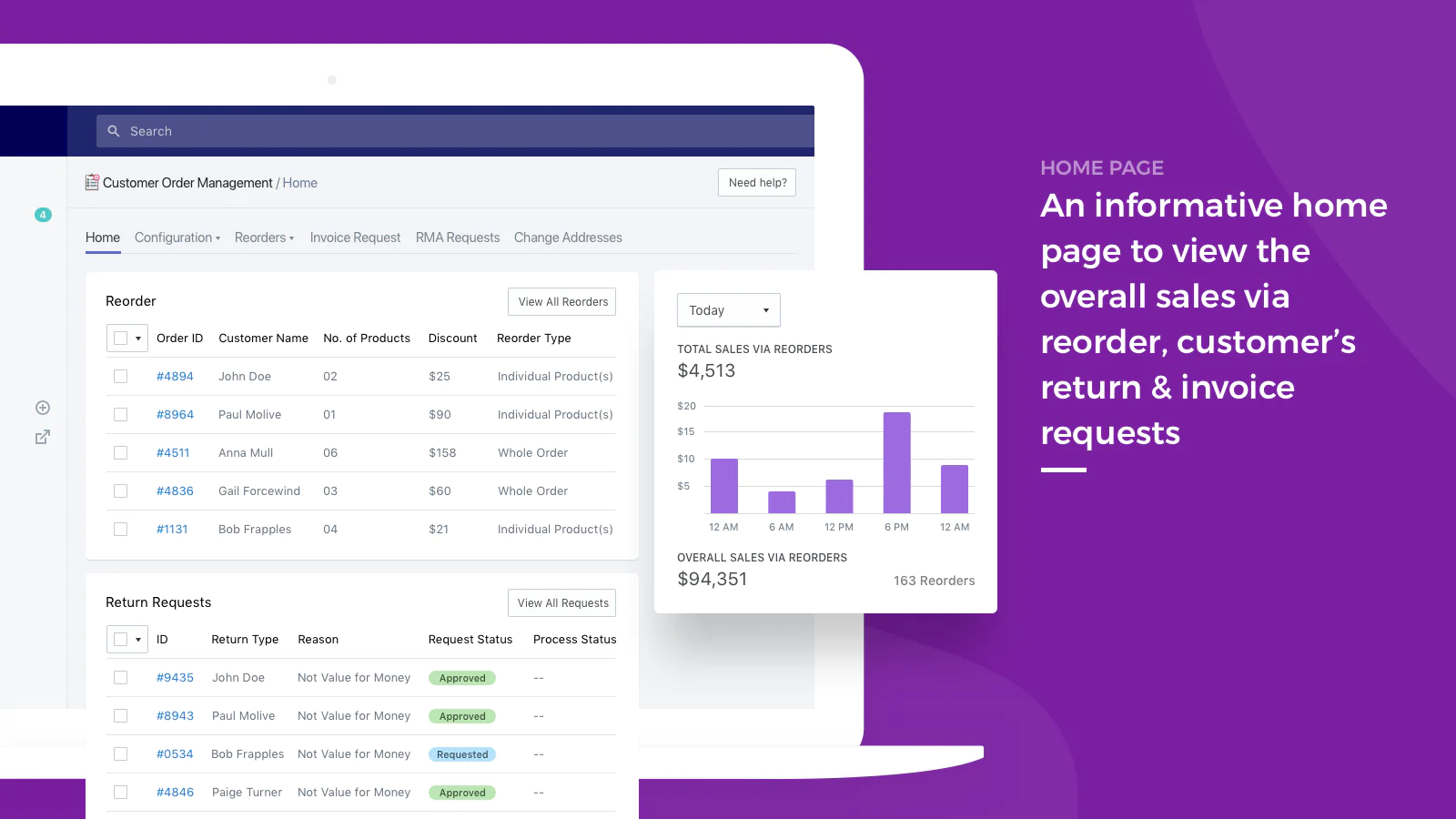
Another key feature of Shopify’s order management system is its ability to track orders in real-time. You can view all of your orders in one place, making it easy to keep track of your sales and fulfillment processes. This feature also allows you to create and print invoices, packing slips, and shipping labels all from the same platform.
Shopify also offers a range of payment and shipping options, making it easy for businesses to choose the options that work best for them. With Shopify Payments, you can accept credit card payments directly through your store, without the need for a third-party payment processor. Shopify also supports over 100 external payment gateways, including popular options like PayPal and Stripe.
When it comes to shipping, Shopify provides businesses with discounted rates from major carriers like USPS and DHL. You can also use your own shipping carrier accounts to fulfill orders. This allows you to decide the shipping options that work best for your business, while still taking advantage of the cost savings and convenience that Shopify provides.
Impressive SEO Tools That Deliver
Shopify’s impressive SEO tools are powerful solutions for businesses looking to succeed in the competitive online marketplace. Designed to optimize your website’s search engine rankings, these tools increase your visibility to potential customers and drive more traffic to your website.
With customizable title tags and meta descriptions, automatic sitemap generation, and integrated Google Analytics, Shopify’s basic SEO features make it easy to enhance your online presence. But that’s just the beginning. Shopify’s advanced tools take things further, allowing you to create 301 redirects and generate canonical URLs. These features ensure that your website’s traffic and search engine rankings are protected during migrations or changes to your site structure. Additionally, canonical URLs help to prevent duplicate content by telling search engines which version of a page is the preferred version to index.

But what really sets Shopify apart is the platform’s user-friendly approach to SEO. Built-in features for adding Alt tags to images and integration with Google Search Console give businesses of all sizes the tools they need to succeed. With Shopify, you don’t need technical expertise to optimize your website for search engines. You can be confident that your website’s visual content is indexed properly and your website’s search engine performance is optimized.
Powerful Analytics Tools
Shopify’s powerful analytics tools are designed to provide you with the detailed insights you need to monitor and optimize your business performance. These tools offer real-time data, customizable reports, and easy-to-use dashboards, giving you a comprehensive view of your sales, customer behavior, and marketing efforts. Shopify’s analytics tools enable you to make informed decisions and take action to grow your business.
One of the most impressive features of Shopify’s analytics tools is its ability to track sales performance in real-time. This allows you to monitor your revenue and sales trends as they happen, enabling you to quickly identify patterns and make necessary adjustments to your strategy. Additionally, Shopify’s analytics tools help you track customer behavior and shopping habits, which is vital information that can help you improve your marketing efforts and develop targeted campaigns to reach your ideal audience.
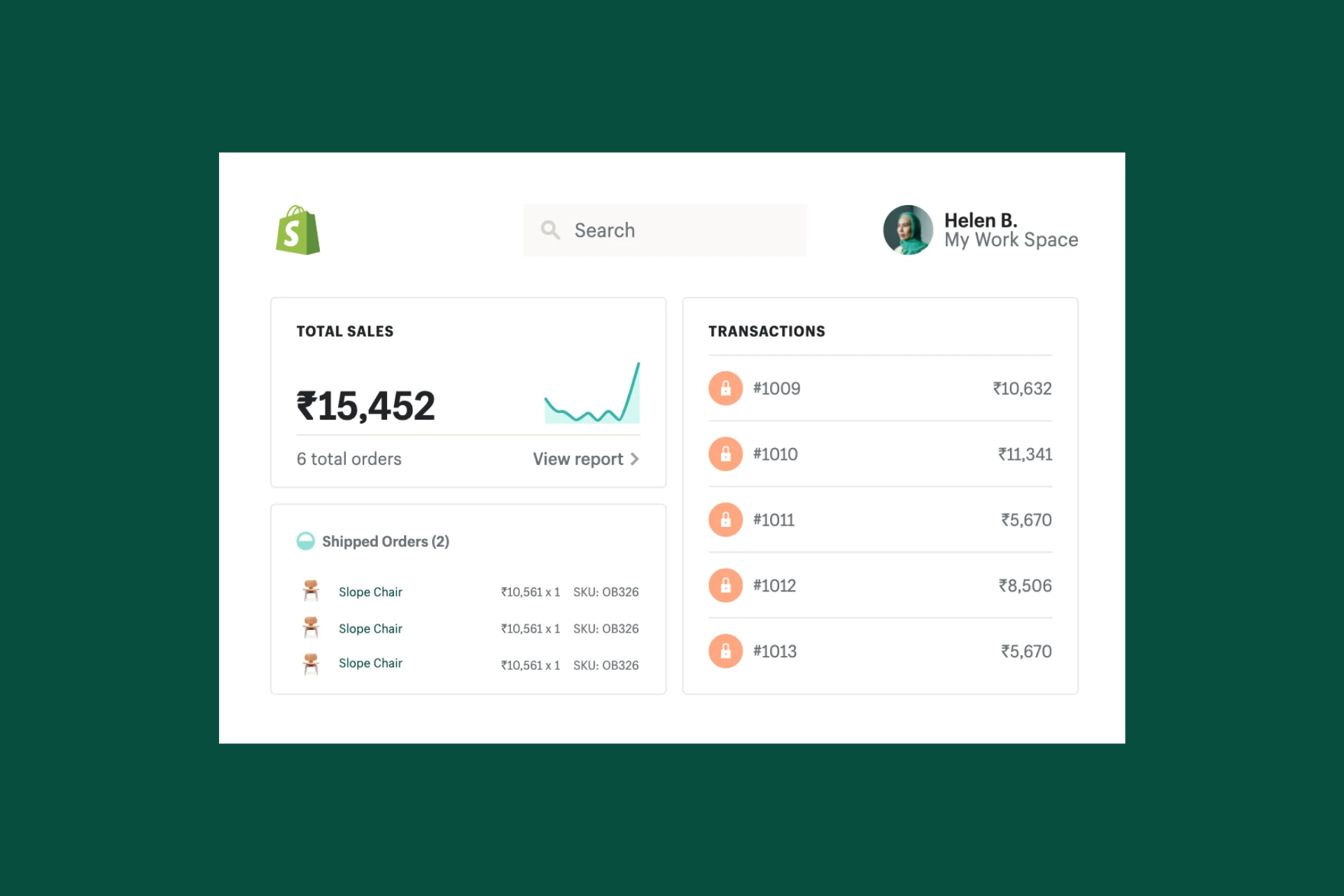
Customizable reports are another key feature of Shopify’s analytics tools. With a variety of templates and data visualization options, you can create detailed reports that offer insights into your business performance, such as best-selling products and the most profitable channels. These reports can be generated automatically or customized to meet your specific needs, making it easy to stay on top of your business and identify areas for improvement. But it’s only available in high-tier plans.
Moreover, Shopify’s analytics tools integrate seamlessly with third-party tools like Google Analytics and Facebook Ads, allowing you to track your marketing campaigns and gain a deeper understanding of your audience. This information empowers you to review your product offerings on Shopify, develop more effective marketing strategies, and improve your overall business performance. With Shopify’s analytics tools, you can make data-driven decisions to grow your business and achieve your goals.
Customer Profiles, Accounts, and Groups
In addition to its many other features, Shopify also offers the ability to create and manage customer profiles, accounts, and groups. With these tools, you can create a personalized experience for your customers and build stronger relationships with them. By collecting and storing customer information, such as contact details and order history, you can use this data to better understand your customers’ needs and preferences.
With customer profiles, you can easily manage customer information and gain valuable insights into their purchase history and preferences. This can help you tailor your marketing efforts and promotions to specific customers or customer segments. Additionally, by offering customer accounts, you can enable customers to save their payment and shipping information, making the checkout process faster and more convenient.
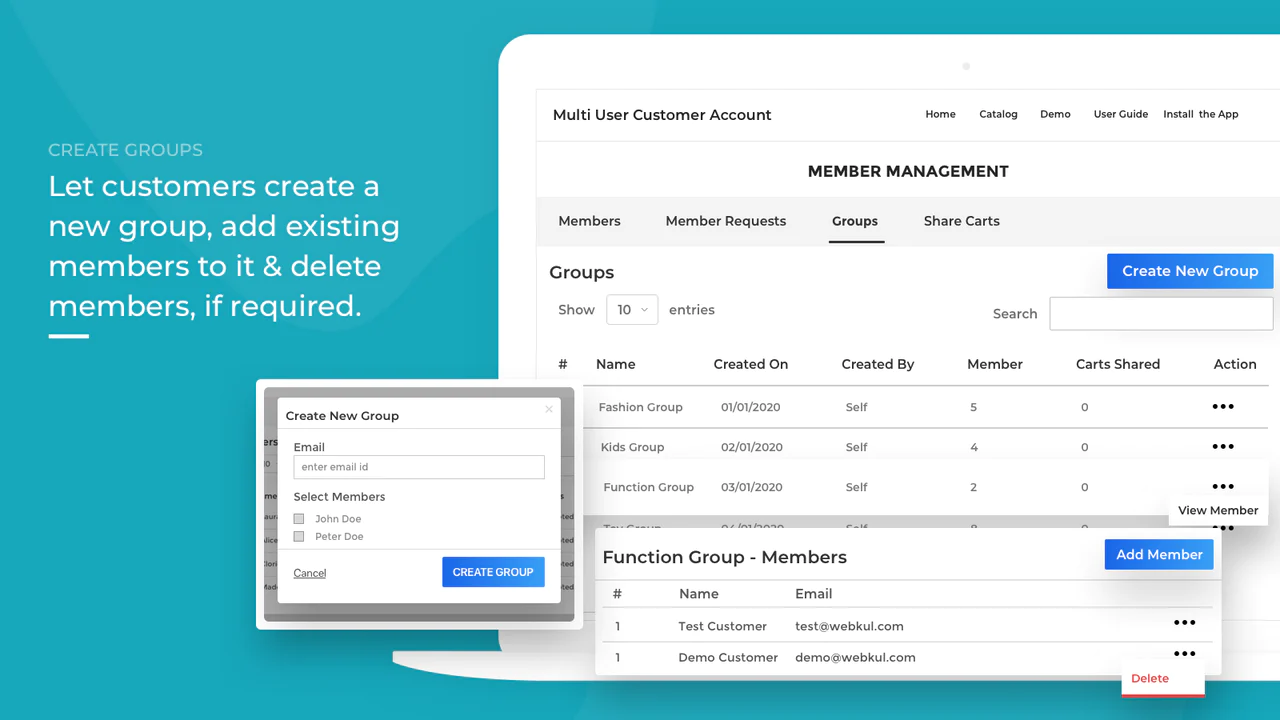
Let’s review another powerful feature of Shopify – Customer tools, which is the ability to create customer groups. By grouping your customers based on common characteristics, such as location or purchase history, you can target them with more relevant marketing messages and offers. You can also use customer groups to offer loyalty programs and rewards to your most loyal customers.
Shopify’s customer tools can also help you provide excellent customer service. By having access to customer information and order history, you can quickly and easily respond to customer inquiries and resolve issues. This can lead to increased customer satisfaction and loyalty.
Shopify Review and Act on Abandoned Checkouts
In the world of eCommerce, abandoned checkouts are a common problem that can hurt your bottom line. With Shopify’s review and act on abandoned checkouts feature, you have the ability to recover lost sales and improve your conversion rates.
One of the most powerful tools in this feature is the ability to send automated email reminders to customers who have left items in their carts. This can be a highly effective way to remind customers of what they have left behind and encourage them to complete their purchase. By automating this process, you can save time and effort while still providing an excellent customer experience.
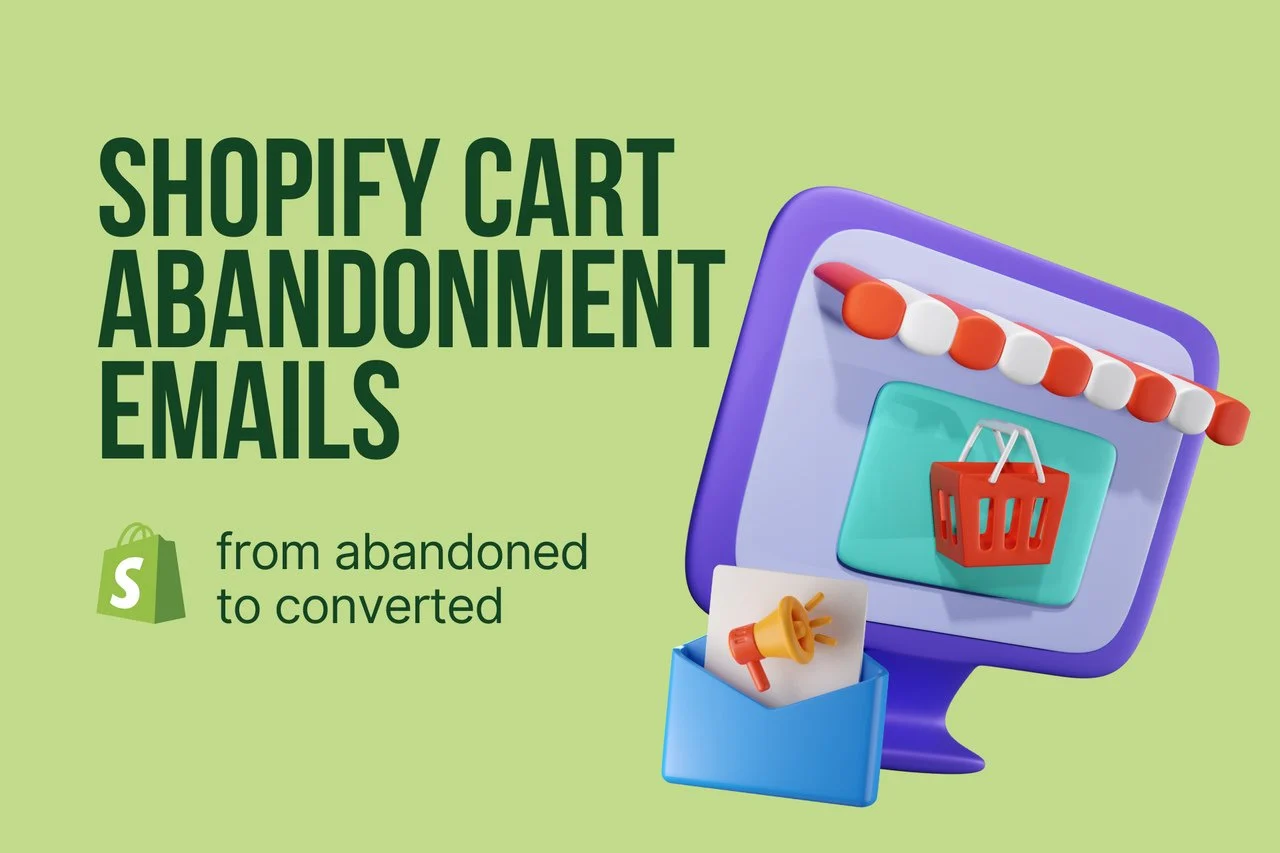
Shopify also provides real-time insights into checkout abandonment rates, giving you a clear picture of how many customers are leaving items in their carts and at what stage of the checkout process they are dropping off. This information can be invaluable in identifying areas for improvement and optimizing your checkout process.
By understanding why customers abandon their carts, you can take steps to address any issues and improve your checkout process. For example, you may find that customers are abandoning their carts because of high shipping costs or a confusing checkout process. By addressing these issues, you can increase your conversion rates and improve your overall customer experience.
In addition to recovering lost sales, Shopify’s review and act on abandoned checkouts feature can also help you build stronger relationships with your customers. By sending personalized email reminders and providing excellent customer service, you can show your customers that you care about their business and are committed to providing a great shopping experience.
Easy Payment Integrations and Options
Shopify’s easy payment integrations and options make it simple and convenient for both you and your customers to complete transactions. With over 100 payment gateways to choose from, you can offer a variety of payment options to suit your customers’ preferences.
In addition to traditional payment methods like credit cards and PayPal, Shopify also supports newer payment options like Apple Pay, Google Pay, and Amazon Pay. This means that your customers can complete their transactions quickly and easily, without having to enter their payment information manually.
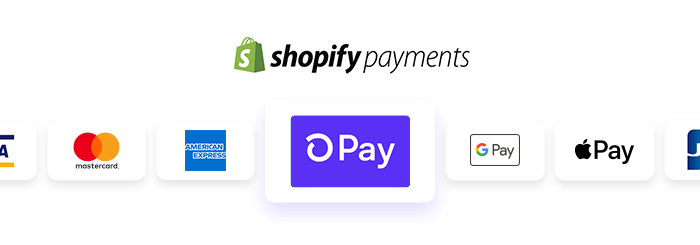
Shopify’s secure checkout process ensures that your customers’ sensitive information is protected throughout the transaction. With features like fraud analysis and chargeback protection, you can minimize the risk of fraudulent transactions and chargebacks, giving your customers peace of mind and building trust in your brand.
Furthermore, Shopify also allows you to manage and track your payments from a single dashboard, making it easy for you to keep track of your revenue and financial performance. With Shopify’s payment options and integrations, you can simplify the payment process for your customers while ensuring that your business is secure and efficient.
Shopify Dropshipping
Shopify Dropshipping is a powerful tool that can help you scale your business quickly and efficiently. It allows you to sell a wide range of products without having to deal with the headaches of managing inventory or fulfillment. With Shopify Dropshipping, you can easily source products from suppliers around the world and have them shipped directly to your customers, saving you time and money.
One of the key benefits of Shopify Dropshipping is that it allows you to test new products and markets without taking on the risk of holding inventory. You can experiment with different product lines and see what works best for your business before committing to a large inventory investment. This flexibility can be especially valuable for new businesses or entrepreneurs who are just starting out.
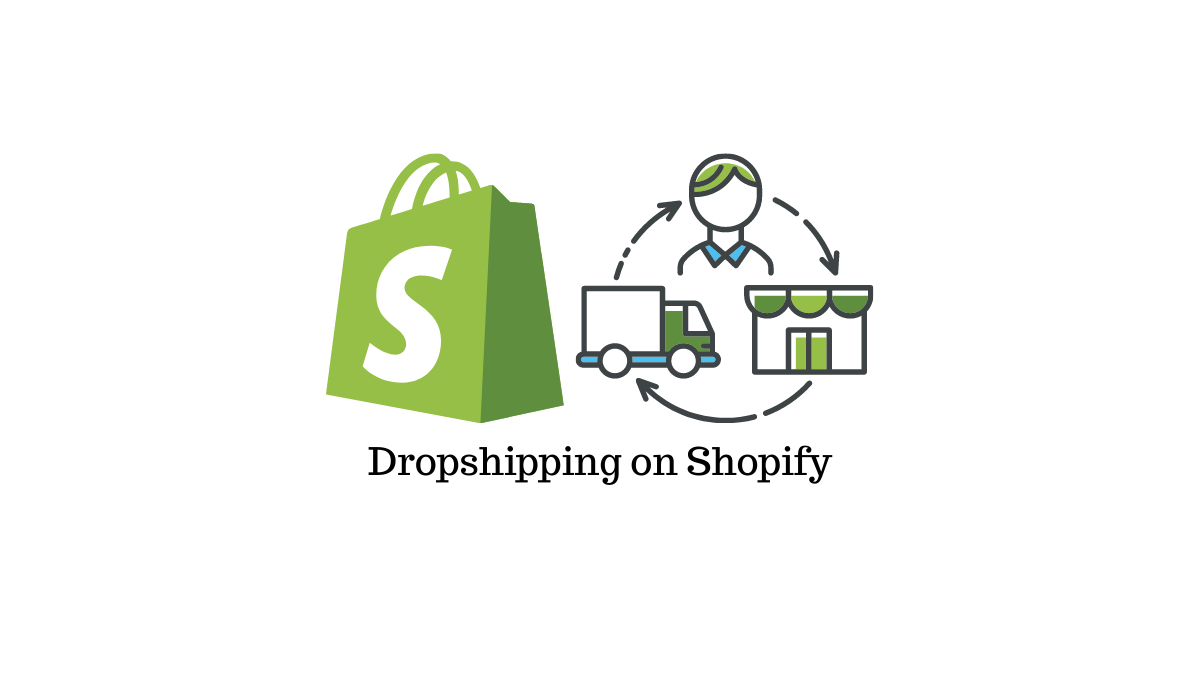
In addition, Shopify Dropshipping provides you with access to a wide range of suppliers and manufacturers, giving you the ability to offer a broad range of products to your customers. This allows you to expand your product offerings and appeal to a wider audience, helping you to grow your customer base and increase your sales.
Furthermore, with Shopify’s built-in automation tools, you can easily manage your orders and track your shipments, ensuring that your customers receive their orders on time and in good condition. You can also automate tasks like inventory management and order fulfillment, freeing up your time to focus on other aspects of your business.
Shopify POS
Shopify POS is an all-in-one point-of-sale system that simplifies your in-store and online sales processes. This feature provides you with a powerful and intuitive toolset that allows you to manage your inventory, accept payments, and track sales from a single platform. With Shopify POS, you can easily create and manage products, view your sales history, and generate reports to monitor your business performance.
One of the key benefits of Shopify POS is its ability to integrate seamlessly with your online store. By syncing your in-store and online sales, you can create a consistent customer experience across all your sales channels. This feature provides you with the flexibility to manage your inventory, fulfill orders, and track sales across multiple locations.
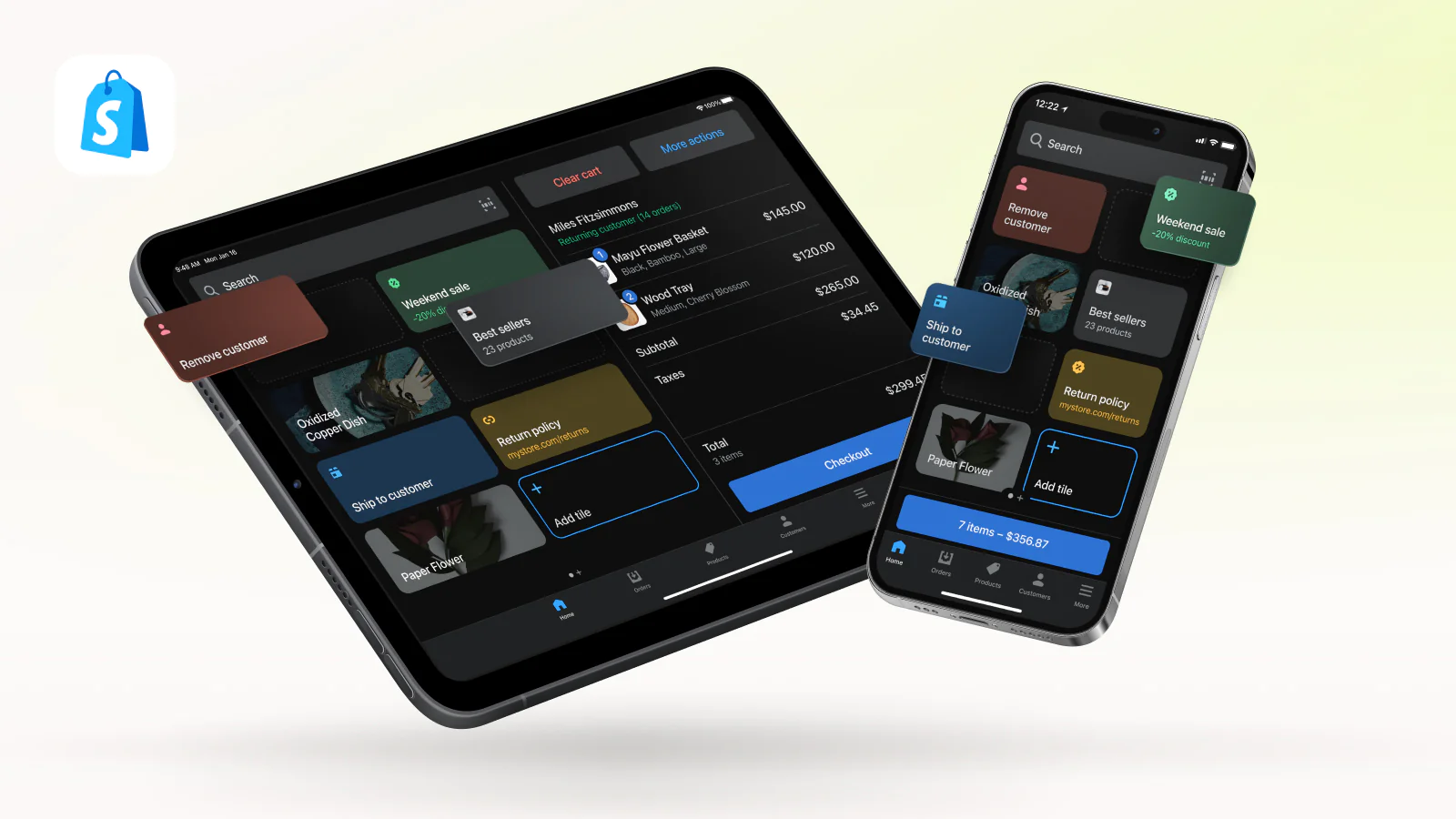
Shopify POS is also highly customizable, allowing you to tailor the system to meet your unique business needs. With features like custom payment types, discount codes, and tax rates, you can create a personalized checkout experience that aligns with your brand and helps drive sales.
In addition to its powerful feature set, Shopify POS is designed with security in mind. The system provides you with secure payment processing, protecting both you and your customer’s sensitive information. With Shopify POS, you can rest assured that your transactions are safe and secure.
Shopify POS is also highly scalable, making it suitable for businesses of all sizes. Whether you are a small business owner or a large enterprise, Shopify POS can accommodate your needs and grow your business. With this feature, you can future-proof your sales operations and prepare for future growth.
Shopify Review: Benefits of using Shopify
- Easy-to-use platform
The first advantage is how quick and easy it is to set up and use. With Shopify, you can launch your online store without the fuss of servers and development costs that can be incurred with self-hosted platforms such as Magento. The admin interface is clean and user-friendly, making it easy to navigate and find all the features you need. Extensive documentation and video guides are available on the Shopify site, and all you really require is a product to sell.
Secondly, Shopify eliminates the need for technical expertise to launch a basic store. All the software and hostings are provided by Shopify, so you don’t have to worry about the technical aspects of running a store. This means you can focus on selling and not worry about technical issues, making it easier to get up and running. Shopify’s hosting is also faster and more secure than you could achieve alone, and it easily accommodates any spikes in traffic you might receive. Shopify also takes care of all software updates, ensuring your store is always up-to-date.
- Secure and reliable hosting
Another advantage of Shopify is that it is secure and reliable. If you have an e-commerce store, you will be dealing with sensitive customer information, including credit card details, so your site needs to be fast, secure, and always online. A hosted solution provides the reliability you need, and Shopify takes care of all server maintenance and upgrades to keep your store and shopping cart available at all times. SSL certificates can be enabled for your store to encrypt all data and pass it through a secure connection, and Shopify takes care of PCI compliance for you.
Shopify’s powerful search engine optimization (SEO) features will help your website rank higher in search results, so customers can find you. You also have access to advanced analytics to tell you where your customers are coming from, so you can tailor your marketing accordingly. Shopify allows you to create discount codes as standard and gift vouchers are available at the next level up. Social media icons are included in all plans. This makes Shopify become a competitive and reliable hosting.

- 24/7 customer support
Shopify’s customer support is available 24/7, and the response time is fairly instant, meaning your business is never on its own. You can get in touch via phone, email, or web chat, and there are also community forums, extensive documentation in the Shopify Help Centre, and a range of advanced Shopify University guides.
With mobile visits to websites now higher than desktop, having a mobile-optimized site is essential. Luckily, all of Shopify’s themes are mobile-responsive, and the platform includes a free built-in mobile commerce shopping cart, so your store looks great on all devices. In addition, there are free iPhone and Android apps that let you manage your store on the go should you wish to.
- Customizable with a wide range of integrations and apps
One of the best things about Shopify is its customizability. There are 160 themes to choose from in the Shopify Theme Store, all of which are mobile-responsive, plus hundreds available on sites such as ThemeForest. Each theme is also fully customizable by editing the code, so creating a beautiful and unique online shop that fits with your brand identity is simple!
Shopify’s app store is a treasure trove of functionality that you can add to your shop. With over 1,500 apps to select from, whatever you want to do, it’s likely there’ll be an app for it. You can add reviews, loyalty programs, and customer wish lists, get in-depth analytics, print labels and packing slips, and integrate with accounting software, shipping programs, and social media sites, not to mention all the marketing apps available. Note that while many apps are free, over half are charged.
Shopify Review: Drawbacks when choosing Shopify
Shopify is a popular eCommerce platform that offers a range of features and benefits to users. It is used by thousands of businesses worldwide to build and operate online stores. However, there are several challenges that Shopify users may encounter, and it’s essential to be aware of them before signing up for the platform.
- Pricing can be expensive for smaller businesses
One of the most significant challenges with Shopify is its pricing. While the platform offers a 3-day free trial, its paid plans can be quite expensive for beginners. The basic plan, which costs $5 per month, has limited features that may not meet the needs of a growing business. To access more advanced features, you may need to upgrade to a higher-priced plan, which can cost up to $299 per month. This can be a significant expense for a business that has not yet broken even.
In addition to the high cost of the platform, Shopify also charges a service fee for every sale made on its platform. While the platform aims to eliminate the need for third-party payment methods through its point of sale (POS) framework, this option is not available in many countries. Therefore, businesses may end up paying more in service fees than they anticipated.
- Limited design flexibility for some templates
Another challenge with Shopify is its content marketing feature. While the platform allows users to promote their businesses through blogging, SEO, and social media content, the built-in software may not provide the best experience. For example, the blogging feature has no category, which means users must rely on tags to organize their posts. The blog layouts are also inflexible, and the editor is outdated. Integrating a third-party extension for blogging on Shopify is not easy, which may limit the effectiveness of a business’s content marketing efforts.
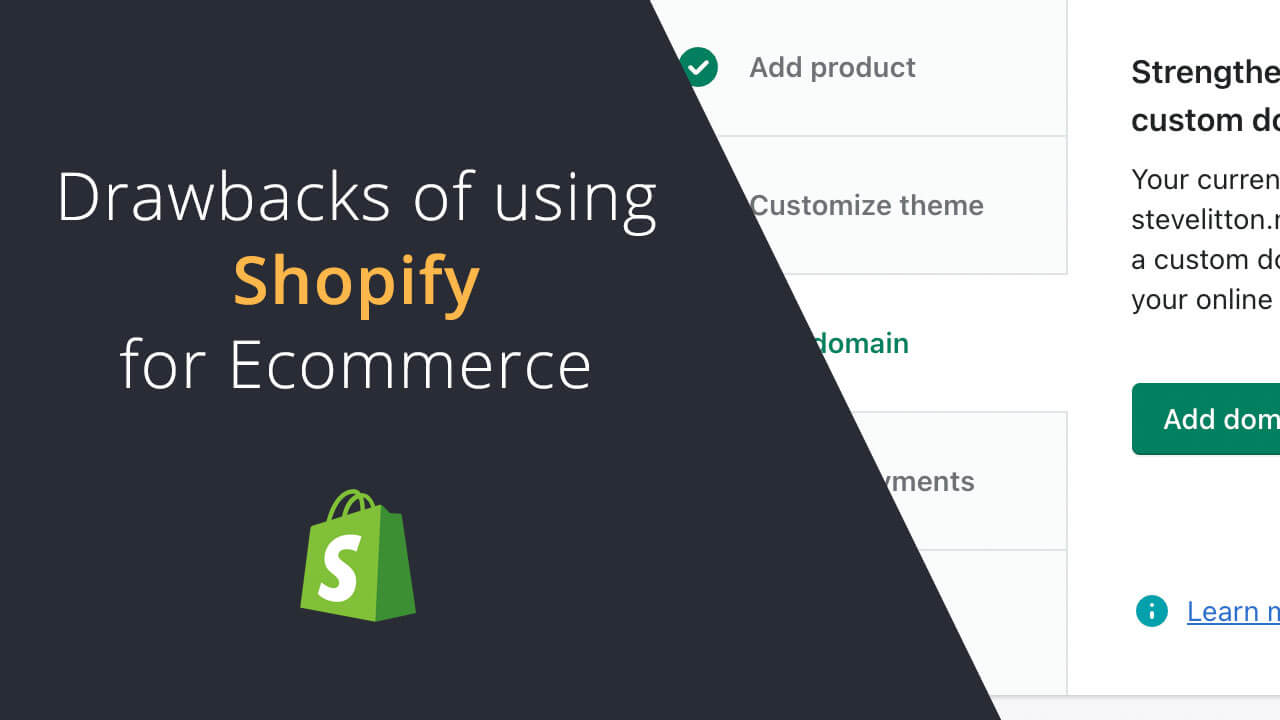
Although Shopify is customizable, this feature has some limitations. Unlike other platforms that use PHP for customizing themes, Shopify uses its Liquid setup. This means that many web designers may not be familiar with the software, which can make the customization process challenging. Users may need to spend hours learning how to use the Liquid setup or struggle through the process of customizing their themes.
- Shopify’s Lack of Adaptability to other platforms
Shopify is not always accommodating when it comes to exiting its platform. The lock-in feature can make it difficult to take your store elsewhere, which means that users must consider the long-term implications of launching their online store on Shopify. If a user decides to leave the platform, they can only take their CSV report with them, which may limit their ability to migrate their store smoothly.
Another issue with Shopify is its lack of email hosting support. Users can only use the web hosting option to launch their online stores, which means that they cannot host their email accounts on the platform. However, there is a workaround for this issue, as users can forward emails from their customers directly to their email addresses through a third-party email hosting extension.
Shopify review: Comparison with Other eCommerce Platforms
Shopify is one of the leading eCommerce platforms in the market, but it’s always a good idea to compare it to other popular options such as WooCommerce, BigCommerce, Magento, and Squarespace. A detailed Shopify review can’t leave this part out, so here are some key differences between these platforms:
WooCommerce
WooCommerce is a popular eCommerce plugin for WordPress. It’s a good choice for those who are already familiar with the WordPress platform, as it can be seamlessly integrated into an existing website. However, WooCommerce is an open-source platform, which means that it’s free to use, but users will need to pay for hosting and other essential features such as security and payment gateways. WooCommerce is highly customizable, with access to thousands of themes and plugins, but it can be challenging for those who lack technical knowledge.
However, WooCommerce does require a certain level of technical knowledge, and users will need to manage their own hosting and security. Additionally, while the WooCommerce plugin itself is free, users will need to pay for hosting, SSL certificates, and other essential features such as payment gateways.
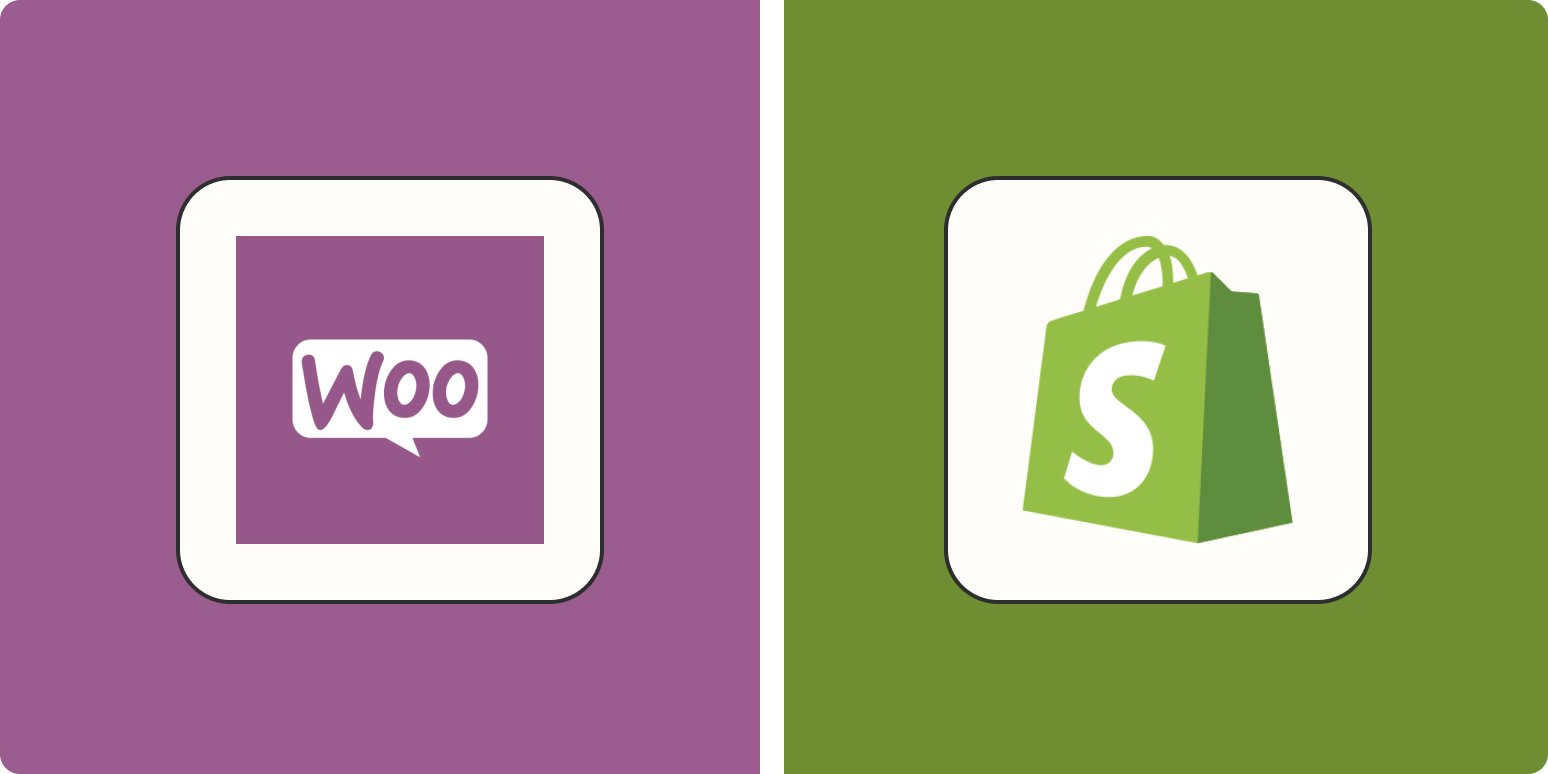
Shopify, on the other hand, is a hosted solution, which means that it provides users with all the essential features they need to run an online store, including hosting, security, and payment gateways. This means that users can focus on building their business without having to worry about technical issues.
Shopify also offers an extensive app store with thousands of apps and integrations, allowing you to add features and functionality to your store easily. Additionally, Shopify provides users with built-in marketing tools, such as abandoned cart recovery and discounts, to help drive sales and increase customer loyalty.
In terms of pricing, WooCommerce is free to use, but users will need to pay for hosting and other essential features. Shopify, on the other hand, offers different pricing plans, with fees ranging from $29 to $299 per month, depending on the features you need and the size of your business.
BigCommerce
BigCommerce is a cloud-based platform that provides hosting, security, and other essential features, making it a good choice for those looking for an all-in-one solution. It’s known for its scalability and flexibility, making it suitable for small businesses and large enterprises alike. BigCommerce also provides built-in features for multichannel selling, which can help you expand your sales channels beyond your online store.
Shopify is known for its user-friendly interface, extensive app store, and robust features, making it a great choice for most small to medium-sized businesses. With Shopify, you have access to a wide range of payment integrations, shipping options, and marketing tools, allowing you to create a customized online store that meets your business needs.
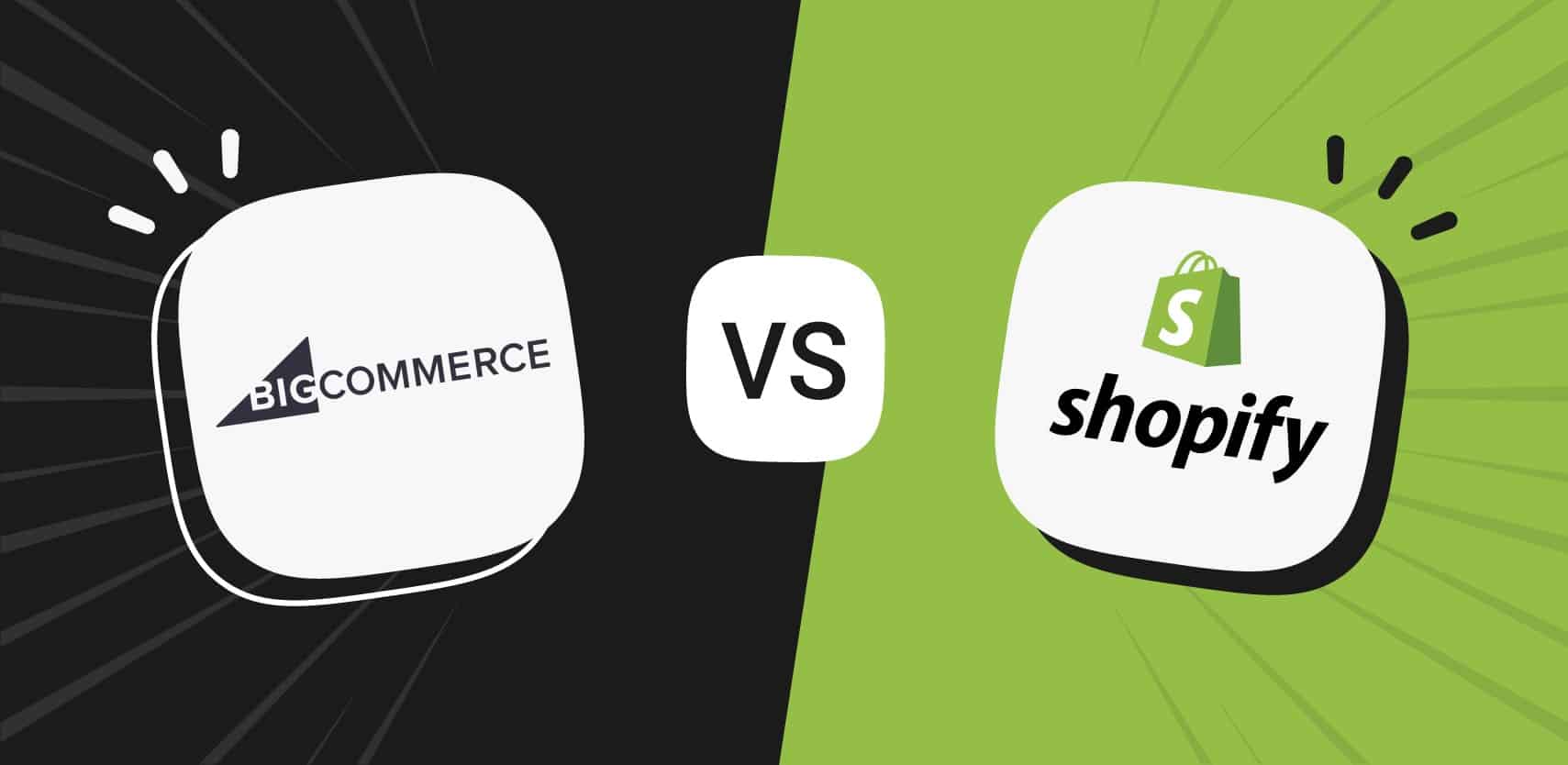
On the other hand, BigCommerce offers a more all-in-one solution, providing hosting, security, and other essential features, making it a good choice for those who want a comprehensive eCommerce platform. BigCommerce is known for its scalability and flexibility, making it suitable for small businesses and large enterprises alike. It also provides built-in features for multichannel selling, which can help you expand your sales channels beyond your online store.
In terms of pricing, both platforms have similar plans and pricing structures, but BigCommerce offers more features and functionality out-of-the-box, while Shopify relies more on its extensive app store to provide additional features and integrations.
Ultimately, the choice between Shopify and BigCommerce will depend on your business needs and priorities. If you’re looking for an easy-to-use platform with extensive app options, Shopify may be the right choice for you. If you’re looking for an all-in-one solution with built-in features for multichannel selling, BigCommerce could be a better fit.
Magento (Adobe Commerce)
Magento is an open-source eCommerce platform that’s highly customizable and flexible. It’s a good choice for those looking for a platform that can handle large product catalogs and complex store requirements. However, this also means that it requires more technical expertise to set up and manage.
On the other hand, Shopify is an all-in-one eCommerce platform that provides a simpler and more streamlined approach for small to medium-sized businesses. While Shopify may not have as many advanced features as Magento (Adobe Commerce), it offers a more user-friendly interface that is easy to use and requires little technical expertise. Shopify also offers a range of integrations and apps that allow businesses to expand their functionality as needed.
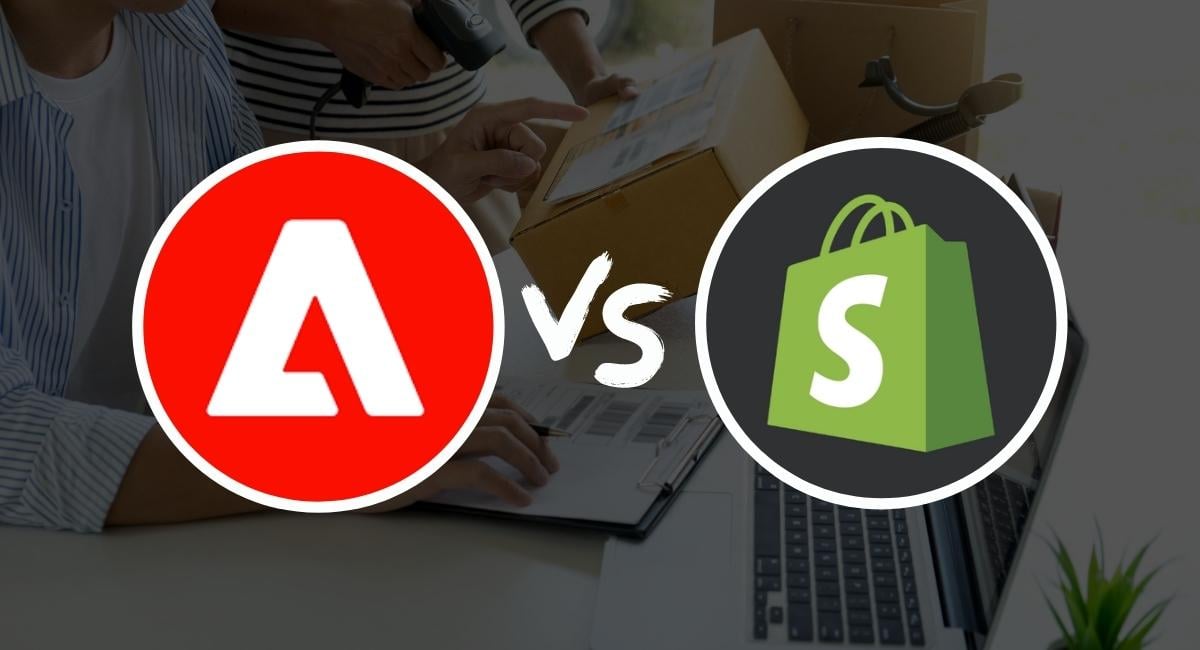
One key advantage of Shopify over Magento (Adobe Commerce) is its ease of use. Shopify provides an intuitive interface that is easy to navigate and requires little technical expertise. This means that businesses can quickly set up their online store and start selling products without having to spend a lot of time and money on development and maintenance.
Another advantage of Shopify is its lower cost. Shopify offers a range of pricing plans to suit different business needs, and businesses can choose the plan that best fits their budget. This makes Shopify a more affordable option for smaller businesses that may not have the resources to invest in a more complex platform like Magento (Adobe Commerce).
While Magento (Adobe Commerce) may offer more advanced features and customization options, these come at a higher cost and require more technical expertise to implement. For businesses with complex eCommerce needs, Magento (Adobe Commerce) may be the better option. However, for smaller businesses that are just starting out, Shopify offers a simpler and more cost-effective solution that is easier to use and maintain.
Squarespace
Squarespace is a website builder that also provides eCommerce functionality, making it a good choice for those who want to create a beautiful website and sell products at the same time. It’s known for its easy-to-use interface and drag-and-drop functionality, but it may not be as customizable as some other options on this list. Squarespace also has limited integrations with third-party apps and services, which could be a drawback for some users.
In comparison to Squarespace, Shopify is reviewed to be a more comprehensive and robust eCommerce platform. Shopify provides a wide range of powerful eCommerce features such as an order management system, SEO tools, analytics, customer profiles, abandoned checkout recovery, payment integrations, drop-shipping, and point-of-sale functionality. These features provide businesses with a more seamless and efficient eCommerce experience, which can help to increase sales and grow the business.
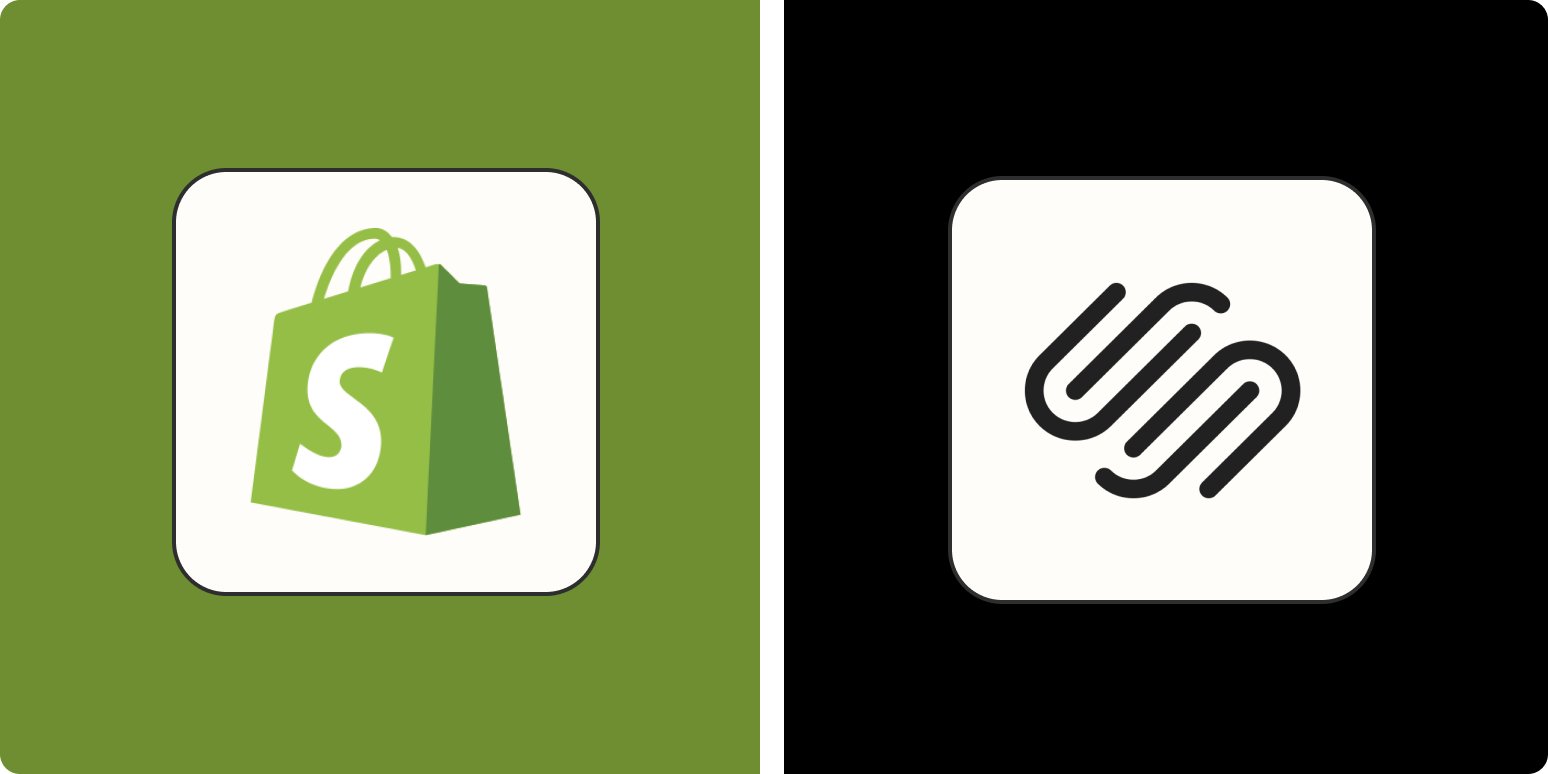
While Squarespace does offer eCommerce functionality, it’s not as extensive or advanced as what Shopify provides. Squarespace’s eCommerce tools are more limited and may not meet the needs of businesses with more complex eCommerce requirements. Additionally, Shopify’s app store provides a vast selection of third-party apps and integrations that can enhance the functionality of the platform even further, whereas Squarespace has a more limited selection.
One of Squarespace’s strengths is its focus on design and aesthetics, making it an excellent choice for businesses that prioritize visual appeal. However, Shopify’s platform also provides a range of customizable design templates and themes, allowing businesses to create visually appealing online stores that are optimized for eCommerce performance.
Each platform has its strengths and weaknesses, and the best one for you will depend on your specific needs and preferences. Shopify is known for its user-friendly interface, extensive app store, and robust features, making it a great choice for most small to medium-sized businesses.
Then who should use Shopify?
In general, Shopify is an ideal platform for small to medium-sized businesses that want an easy-to-use eCommerce platform with robust features, integrations, and scalability. It’s also an excellent option for businesses that want to expand their sales channels to include in-person sales, as Shopify’s POS features are seamless and easy to use.
If you’re looking for a platform that’s easy to set up, has excellent customer support, and offers a range of features, then Shopify is a great choice. You don’t need any technical knowledge to get started, and you can have your online store up and running quickly.

However, Shopify is not the best fit for everyone. For example, larger enterprises with complex eCommerce needs might find that Shopify doesn’t offer the customization and advanced features they require. Additionally, if you’re looking for complete control over your website design, then Shopify’s templates and themes might not offer the flexibility you need.
Ultimately, the decision to use Shopify depends on your specific business needs and goals. If you’re looking for a platform that’s easy to use, scalable, and customizable, then Shopify is an excellent choice.
In conclusion
Shopify offers a comprehensive solution for businesses looking to establish and grow their online presence. Its user-friendly interface, extensive features, and excellent customer support make it an excellent choice for small to medium-sized businesses. However, its pricing and design flexibility may not be suitable for all businesses. By comparing Shopify to other eCommerce platforms and considering your specific needs, you can determine if it’s the right choice for your business.
We hope that our detailed Shopify review contributes valuable insight into of If you have any questions about Shopify, don’t hesitate to contact our team of Shopify experts. We are always ready to assist you with your problems.



